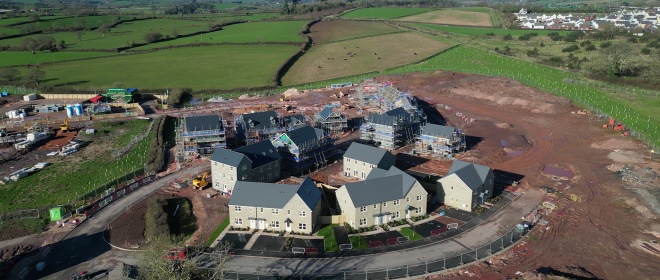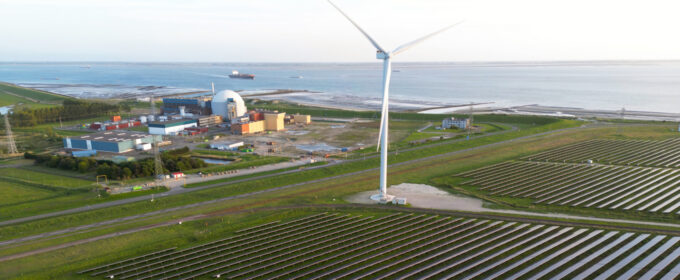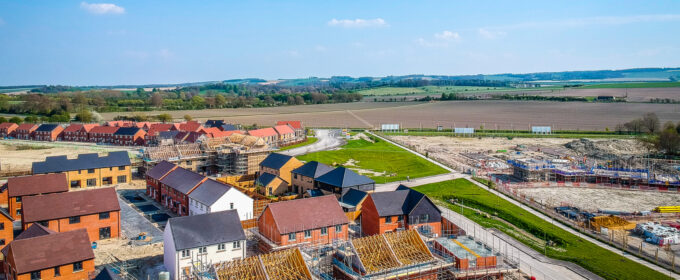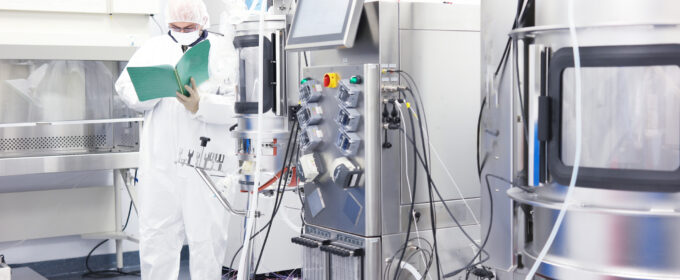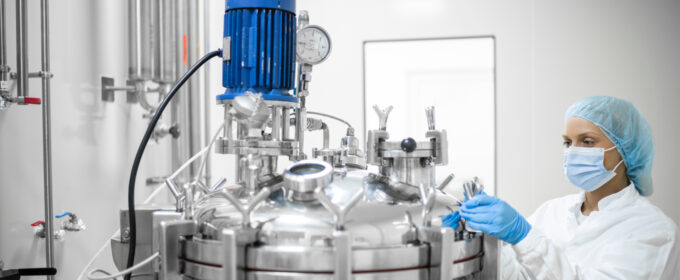Demand for water will outstrip supply within the next 25 years in England. Changing patterns of water use – for example, as a result of increasing hygiene standards – are intersecting with long-standing infrastructural challenges of ageing water and sewerage networks. In this article, Dr Ella Foggitt, Dr Claire Hoolohan and Professor Alison Browne assess […]


